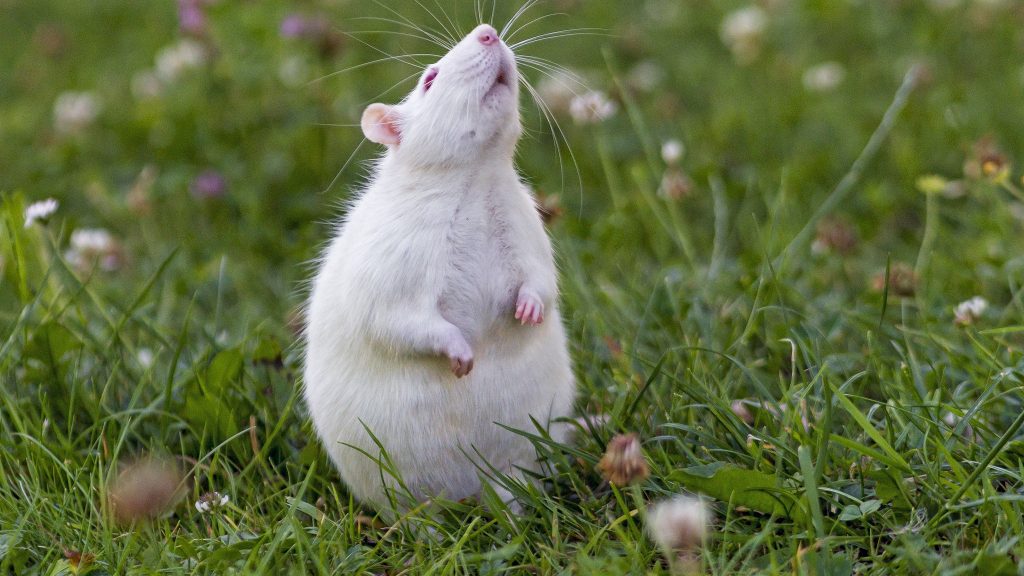Two major players in the chemical ingredients and cosmetic manufacturing industry are taking steps towards cruelty-free alternatives to animal testing.
The Institute for In Vitro Sciences (IIVS), a nonprofit organization dedicated to the promotion and innovation of non-animal tests, has partnered with German company BASF, the world’s largest producer of chemical ingredients and Swiss brand Givaudan, the world’s largest company in food and beverage flavor and fragrance industry, to develop animal-free testing methods.
Called Kinetic Direct Peptide Reactivity Assay (Kinetic DPRA), the test aims to be a method of gaging skin sensitivity to chemical ingredients. Other companies that have joined include consumer goods corporation and original developer of the Kinetic DPRA, The Procter & Gamble Company, Charles River, and the Czech National Institute of Public Health. BASF and Givaudan will conduct tests over the remainder of 2018 and if all goes well, it will be submitted to the Organization for Economic Cooperation and Development (OECD) in 2019. The organization provides governments with a space to work together towards solutions to shared problems.

is animal testing necessary?
“Being able to determine potency with minor modifications of the well-established and routinely used DPRA method was highly attractive to us,” said Dr. Robert Landsiedel, Vice President, Experimental Toxicology and Ecology, BASF. If validated, the Kinetic DPRA would eliminate the need for the company to conduct further animal tests.
“We are pleased to be working again with BASF and Givaudan to validate a technology that will be available for many industry sectors and applications,” said Erin Hill, president of IIVS. According to IIVS, three other non-animal tests have been accepted internationally. However, it notes that the Kinetic DPRA will go beyond “is it/is it not” safe and also accurately predict the potency of an ingredient, which is required by some toxicologists and regulators.
In recent years, more consumers and legislators have become concerned with the ethical issues surrounding animal testing. While cosmetic animal testing has dominated most discussions, having been banned in nearly 40 countries, chemical ingredient industries are also seeking cruelty-free methods of assessing safety. Last July, researchers at Swansea University Medical School revealed that they are working on an “in-vitro” method which involves growing human-like cell models. The FDA and the Environmental Protection Agency are also assessing a cost-effective and cruelty-free computer system that can accurately predict toxicity.
Image Credit: Tambako The Jaguar
Become a CLUBKINDLY member today!


